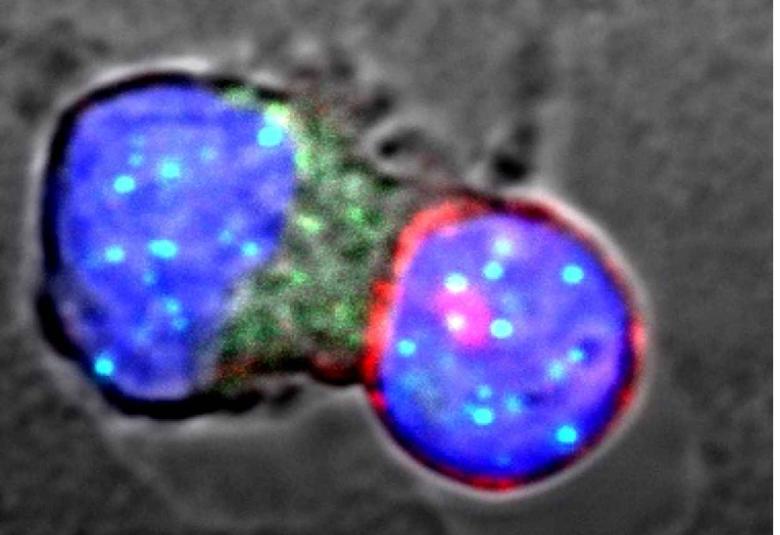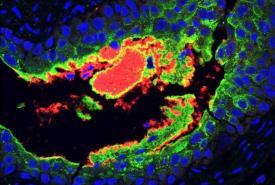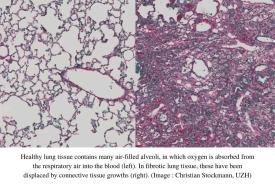New mechanism extends life of immune system
A new mechanism that slows down and may even prevent the natural ageing of immune cells – one of the nine hallmarks of ageing – has been identified by an international team led by UCL scientists.
Published in Nature Cell Biology, researchers say the discovery in-vitro (cells) and validated in mice was ‘unexpected’ and believe harnessing the mechanism could extend the life of the immune system, allowing people to live healthier and longer, and would also have clinical utility for diseases such as cancer and dementia.

















